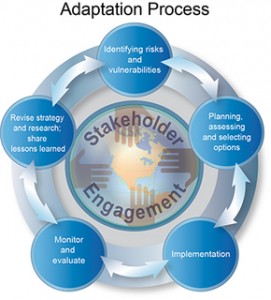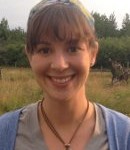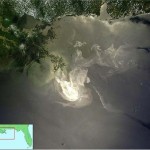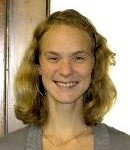 The Department of Social Sciences invites the campus community to recognize Pat Martin for his 38 years of service to Michigan Tech as Professor of Archaeology. The department will hold a reception to recognize Pat from 3 to 5 p.m. Friday, May 15, on the 2nd floor of the Annex to the Academic Office Building.
The Department of Social Sciences invites the campus community to recognize Pat Martin for his 38 years of service to Michigan Tech as Professor of Archaeology. The department will hold a reception to recognize Pat from 3 to 5 p.m. Friday, May 15, on the 2nd floor of the Annex to the Academic Office Building.
Pat, who has served as the Chair of Social Sciences for the last six years, was instrumental in the creation of the department’s Industrial Archaeology graduate program. After his retirement, Pat will remain active as a research professor, initiating projects and advising students, as well as serving as the Executive Secretary of the Society for Industrial Archeology and as the President of The International Committee for the Conservation of Industrial Heritage — so “retirement” is slightly misleading.








